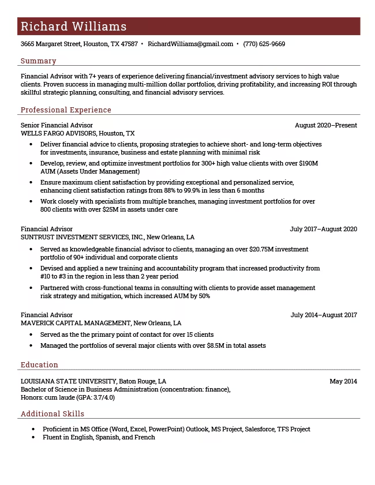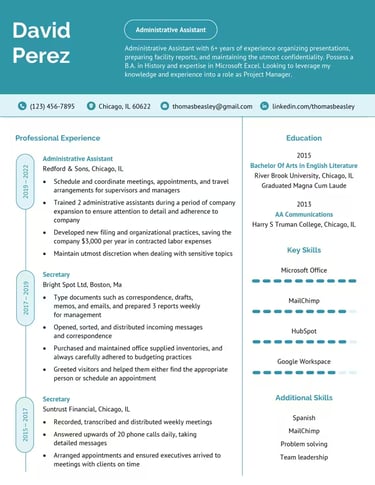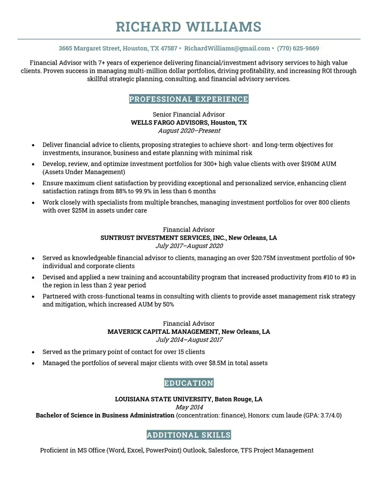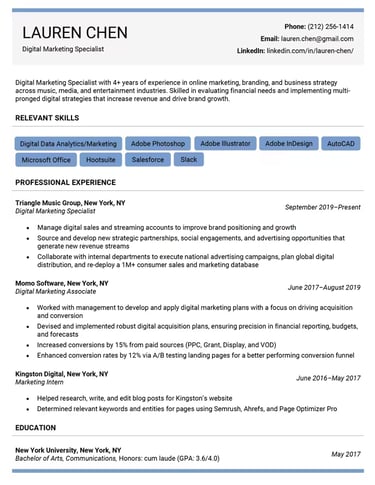Data-illiterate leadership is a liability. Can you really lead in 2025 without understanding AI dashboards, KPIs, or predictive modeling?
In the digital era, organizations are awash with data, yet the ability to transform this information into actionable insights remains elusive for many leaders.
LEADERSHIP
Akshata Bhat
6/22/20252 min read
Grow Your LinkedIn Profile
Ready- to - Post 300+ Canva Designs + AI Prompts to Help You Go Viral and Grow Fast


In the digital era, organizations are awash with data, yet the ability to transform this information into actionable insights remains elusive for many leaders. Data-illiterate leadership—defined as the inability to understand, interpret, and leverage data for strategic decision-making—has emerged as a critical liability, undermining organizational performance, innovation, and resilience in an increasingly competitive landscape.
Quantifying the Costs of Data Illiteracy
Productivity and Performance Losses
Research by Accenture reveals that 74% of employees feel overwhelmed or unhappy when working with data, leading to significant productivity losses. More than a third (36%) of these employees spend at least one hour per week procrastinating over data-related tasks, and 14% avoid such tasks entirely1. This inefficiency translates into missed opportunities and reduced enterprise value—Accenture estimates that organizations embracing data-driven practices can achieve up to 5% growth in enterprise value, a benefit squandered by data-illiterate leadership.
Decision-Making Deficiencies
Despite widespread recognition of data’s value, only 37% of employees trust their decisions more when based on data, with nearly half (48%) still deferring to gut instinct over analytics. Alarmingly, this tendency is even more pronounced at senior leadership levels, where around two-thirds of C-suite executives admit to favoring intuition over data-driven insights. This overreliance on experience rather than evidence impedes the development of a truly data-driven culture.
Financial and Strategic Risks
Case studies highlight the existential risks of data-illiterate leadership. For example, Equifax’s security governance failures led to a 35% collapse in market value, while TSB’s technology migration disaster cost £330 million and inflicted lasting reputational damage. A Harvard Business School study found that 70% of digital transformation initiatives fail to achieve their objectives, with leadership knowledge gaps cited as a primary contributor in 62% of those failures.
Competitive Disadvantage
Organizations led by data-literate executives are 2.3 times more likely to outperform industry peers in profitability over a five-year period, according to McKinsey. Conversely, those lacking such leadership consistently fall behind, missing out on innovation and market opportunities.
The Confidence Crisis Among Leaders
Recent surveys underscore a crisis of confidence among business leaders regarding their own data skills:
86% of business leaders say their careers depend on their ability to use data methods and tools to extract actionable insights.
54% are not confident in their ability to find, analyze, and interpret data independently.
Fewer than half believe their data strategies are fully aligned with business priorities, a figure that has dropped 14% since 2023.
This lack of confidence is compounded by declining trust in data quality—confidence in data’s relevance to business objectives is down 18% and in its accuracy by 27% since 2025.
Patterns of Failure and Organizational Impact
Data-illiterate leadership consistently produces several damaging patterns:
Unrealistic expectations about technology implementation
Poor risk assessment and vulnerability to cyber threats
Strategic blindness to disruptive digital shifts
Misalignment between organizational structure and technological needs.
These failures are not confined to any single sector; they span financial services, healthcare, government, and more, demonstrating the universal threat posed by data-illiterate leadership.
Conclusion: Data Literacy as a Non-Negotiable Competency
The evidence is unequivocal: data-illiterate leadership is a quantifiable liability, directly linked to lost productivity, failed initiatives, financial losses, and diminished competitiveness. In a world where 86% of leaders acknowledge their careers depend on data literacy, organizations cannot afford to overlook this critical competency.
To thrive in the digital age, leadership must move beyond intuition and embrace data-driven decision-making, developing the skills, confidence, and organizational culture necessary to turn information into a strategic advantage. The alternative is not merely stagnation, but existential risk.
Assistance
© 2025. All rights reserved.
Please note that none of my services are available for Per Scholas learners and alumni. As a Per Scholas employee, I will assist them for free. My freelance work is conducted outside of my professional role, in compliance with the non-solicitation policy
















